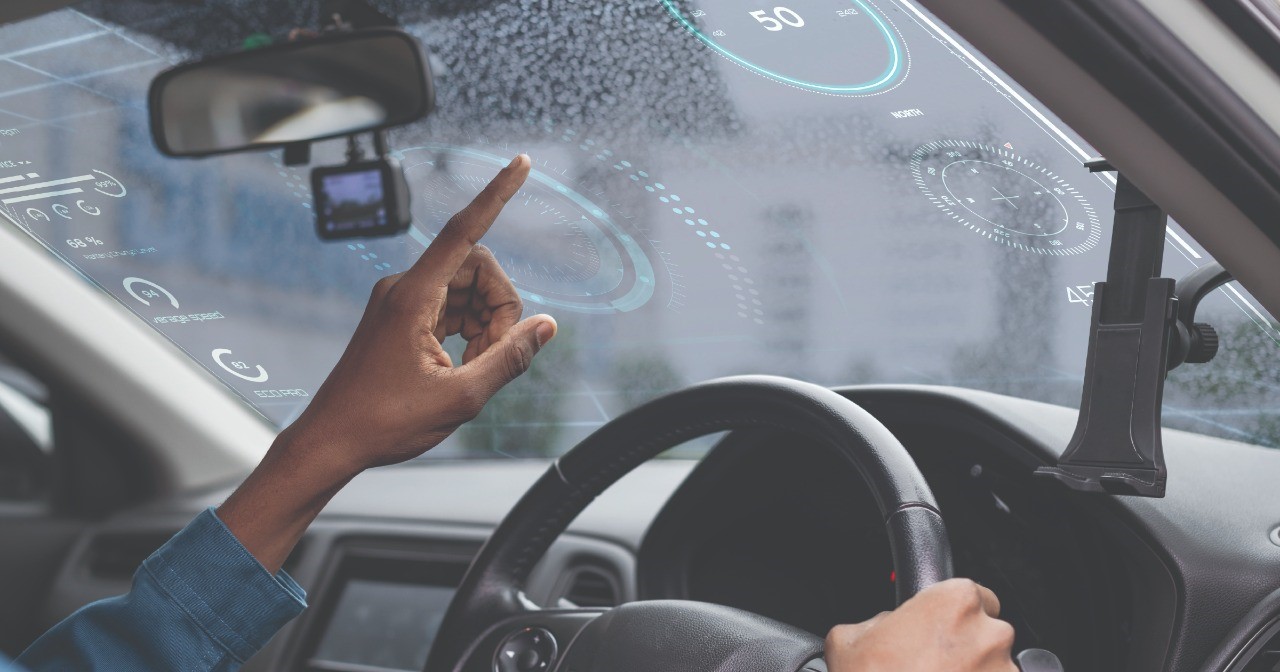Digital Transformation in Automotive: How it is revamping the business rapidly
Digital transformation in the automotive industry is completely revolutionizing the business dynamics, forcing automakers to revamp their business strategy across all channels from developing, manufacturing, marketing, sales to enhancing end-customer experience. As new criteria for incorporating data and interaction emerge, the automotive industry also has to face skyrocketed cost and complexity. At the same time, the auto industry must be more innovative in order to capture a larger proportion of consumers’ attention.
The adoption of the latest technology in the automotive industry is nothing new. Information technology was predominant in this sector to improve productivity and efficiency within the organisation, reach new markets and enhance the supply chain. But what’s driving the digital disruption in the automotive sector is the rising expectations of the customers. To fulfil the rapid demand of customers and stay ahead in the competition the automotive sector is bound to take advantage of the leading technologies and be more creative to enhance their customers’ experience.
What are the advantages of digital transformation in automotive sector?
While the customer expectations are rapidly shifting from manual to digital experience, the automotive sector is still under a dilemma to transform to a strategized and connected operating model or abide by the traditional business model. However, digital transformation offers multiple benefits to automakers in the future including,
- Automate the supply chain management in the automotive industry
- Opening avenues to a new market with auto parts or supply sales
- Offer multiple experiences in sales and customer care
- Improved post-sales support and track customer experience
- Improved customer satisfaction and sales
What is the future of automotive services? Let’s discover.
Experts believe that the automotive industry is undergoing a massive digital transformation by 2030. While several leading players in the industry have already taken the road to digital transformation some are receptive to this change. We, as an automotive industry consultant has analysed the top 5 digital transformation trends that will dominate the automotive sector. We believe these trends will determine the future of auto manufacturers in their race to operate and survive in the highly competitive environment. Let’s have a closer look at them.
- Connected vehicles: Vehicles are becoming connected. Customers expect the same level of connectivity from their vehicles as they do from their smart devices. A connected vehicle with high-quality infotainment and connectivity to WIFI and other devices demand the latest technology to offer the best customer satisfaction. But, enabling this technology will require knowledge and expertise to implement the required lines of code. And as technology advances, the line of code will also increase. Thus, demanding the need for technology enablers who have the right skillsets to fix these requirements and match the customer’s demand.
- Autonomous vehicles: The autonomous vehicle experience is becoming extremely passenger-centric. But it also requires extra thought into the product design to deliver an impactful experience to the end customer. This is where automakers will have to leverage tech innovation and deploy digital talent to cope with the new business models and offer optimum results.
- Shared rides: Sharing rides is the new trend among young consumers who pay less attention to owning a car considering the rising fuel cost, risk of owning a vehicle and several other factors. That means that the automotive sector will have to come up with ride-sharing to grow its market share and maintain customer brand loyalty at scale. By leveraging industrial technologies like machine learning and advanced analytics, the automotive sector can drive costs out of the supply chain.
- Electrification: As the human impact on the environment is a matter of grave concern, every industry is looking for a sustainable and environmentally friendly approach. Electric cars are not new in the auto sector but the race to offer the best electric cars are just beginning. Today almost all the automotive major has an electric vehicle in its inventory. According to a report by CNN, Volkswagen predicted to sell 1.4 million electric cars by 2025, and there’s a strong possibility that electric cars could fully outsell gasoline-powered cars by 2040. Although there will be a rising demand for electric cars in the future, car manufacturers find it expensive to design due to throughout cost and the different sets of expertise required to produce. With the digital approach, there will be various opportunities to take advantage of this trend and manufacture more efficient cars.
Parting Thoughts
In today’s digitally advanced age, auto companies should welcome innovative technology such as connected vehicles and autonomous cars. To reach out to maximum customers and stay ahead in the competition these companies will have to develop new capabilities for flexibility and responsiveness to fast-changing business realities.
How MicroGenesis can help?
MicroGenesis has been offering its industry-leading automotive consulting services to clients for the past 20 years. Our proven approach and deep expertise in the domain have helped clients innovate their business models and derive maximum value from their investment. In our experience working with multiple OEMs, we have come a long way in developing integrated platforms for automation across teams to support CI/CD, Supply Chain Management and establish effective collaboration among teams.
Our future proof solutions and knowledge of working with various OEMs have given us the exposure to transform business processes to deliver a faster, reliable and more responsive customer experience for its clients.




